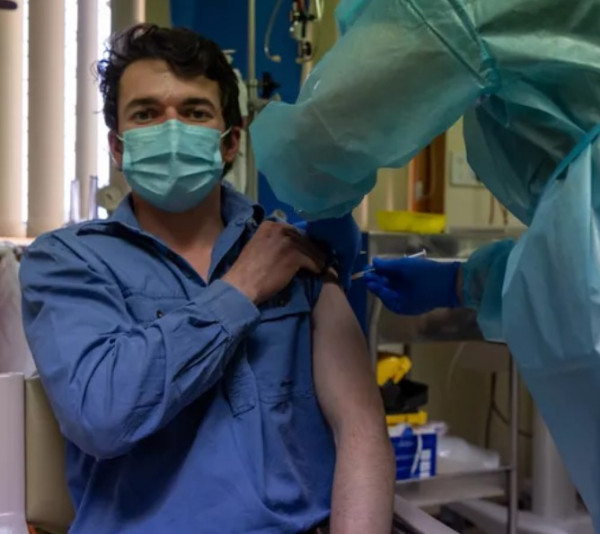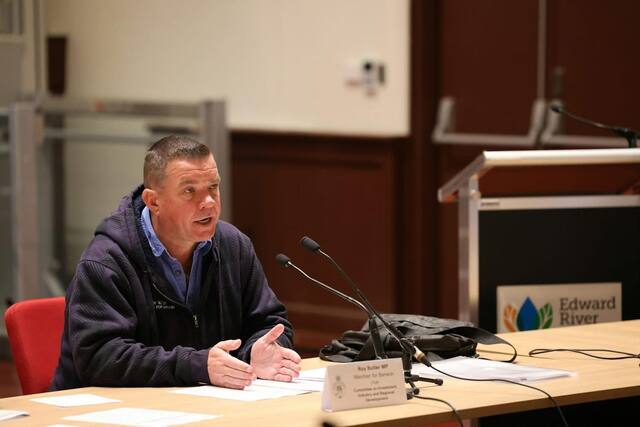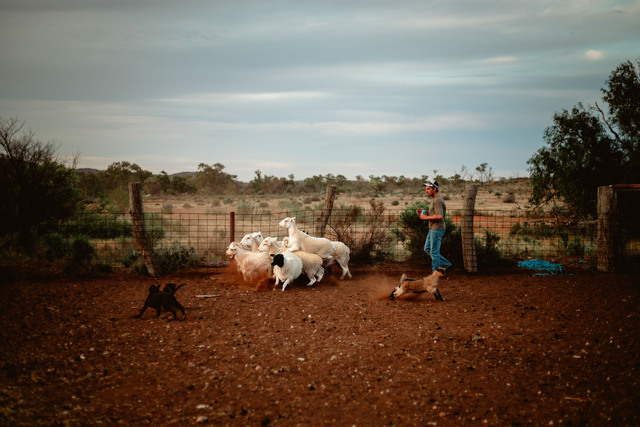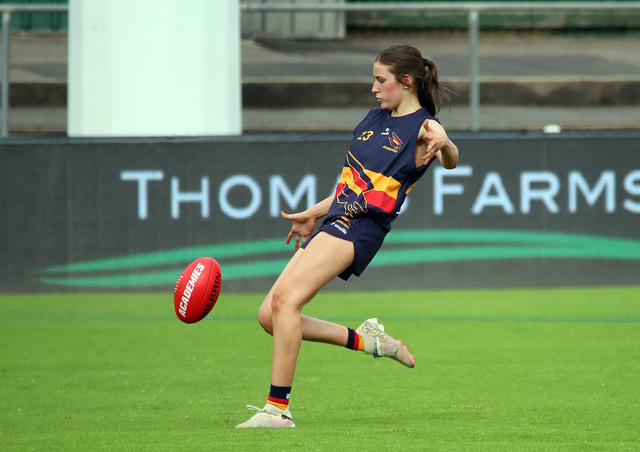THE Royal Flying Doctor’s Service has encouraged residents throughout New South Wales to remain vigilant for Japanese Encephalitis.
JE is spread by mosquitos that have bitten an animal carrying the virus and then bite a human.
Most who contract the disease won’t experience symptoms, are at risk of severe illness and neurological complications.
Dr Shannon Nott, chief medical officer for the South Eastern Section at RFDS said vaccination is the best way to reduce risk.
“Since vaccines became available in 2023 for residents in high-risk areas of NSW, the Royal Flying Doctor Service has played an active role in protecting the community from JE, and we continue to provide these services through our clinics in the West and Far West NSW,” he said.
“With the likelihood of increased cases in 2025 following recent detection of the virus in the Moree, Griffith and Narromine Shire regions of NSW, we are encouraging the community to take early and proactive steps to protect themselves from this virus and monitor for symptoms.”
Most at risk of catching the virus are people who work outside or participate in outdoor activities such as hiking, camping, fishing or gardening, and those who work or live close to piggeries.
Approximately one in every 250 people who have contracted JE may experience a severe infection, with symptoms including but not limited to fever, headache, vomiting, neck stiffness, disorientation, tremors, coma, seizures and paralysis.
The best ways to protect against the virus is to wear long sleeved clothing when undertaking outdoor activities or work, apply mosquito repellent to exposed skin and cleaning up stagnant water such as in empty outdoor containers.
It is free to be vaccinated through the RFDS clinic for Japanese Encephalitis, and only one vaccine is required. Those who aren’t RFDS clients can speak to their regular GP.







